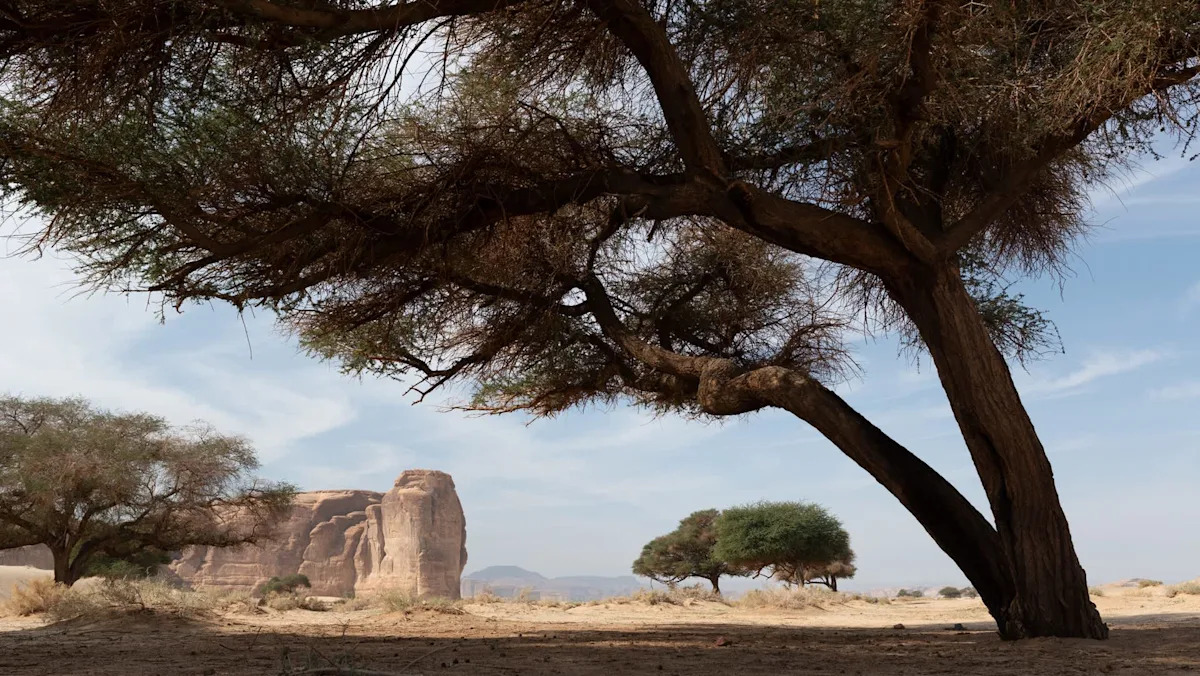Saudi Arabia is celebrating a remarkable sighting of the elusive pectoral sandpiper, a rare waterbird that migrates across continents. Arab News reported that the bird was spotted inside the King Abdulaziz Royal Reserve. It’s the first confirmed record of this species within a Saudi reserve, and experts say it’s a reminder of how these protected areas help with global conservation efforts
The pectoral sandpiper is no ordinary bird. Native to the Arctic tundra of Canada, Alaska, and Siberia, it travels incredibly long distances to winter in South America. Along the way, it passes through the Arabian Peninsula — but researchers described this sighting as both “rare and exceptional.”
In May, not one but two adult sandpipers were documented at the wetland reserve Rawdat Umm Al-Thiyabah, according to a paper in the journal Check List. Researchers are excited because this “unusual occurrence” shows how Saudi Arabia plays a role as a stopover point for migratory birds traveling between Asia and Africa, according to the Lexington Herald-Leader.
Migratory birds play essential roles in ecosystems by controlling insect populations and connecting habitats across continents. Their presence is also a good measuring stick of the health and stability of the environment. Protecting the wetlands and flyways these birds depend on can have ripple effects, safeguarding biodiversity and helping maintain food systems for humans and wildlife alike.
The reserve said this shows that conservation work is making a difference. By preserving these stopover habitats, Saudi Arabia is helping with global efforts to combat biodiversity loss and protect species from rising global temperatures and habitat destruction.
The excitement around the sandpiper reminds us of other conservation efforts around the world, from the return of monarch butterflies in North America to the revival of beaver populations in the United Kingdom. Each story is proof that protecting habitats works, and all these small successes add up to a healthier planet.
“As part of the periodic bird census conducted in the Umm Al-Thiyabah wetland on 2 May 2025, we observed a remarkable diversity of bird species, including both migratory and resident birds,” the Check List report read.
“… Additionally, the Umm Al Thiyabah wetland serves as an important refuge for many bird species, both migratory and resident, as well as a breeding area and a migratory stopover. It can be considered a biodiversity hotspot, particularly for birds within the reserve.”
Join our free newsletter for good news and useful tips, and don’t miss this cool list of easy ways to help yourself while helping the planet.
